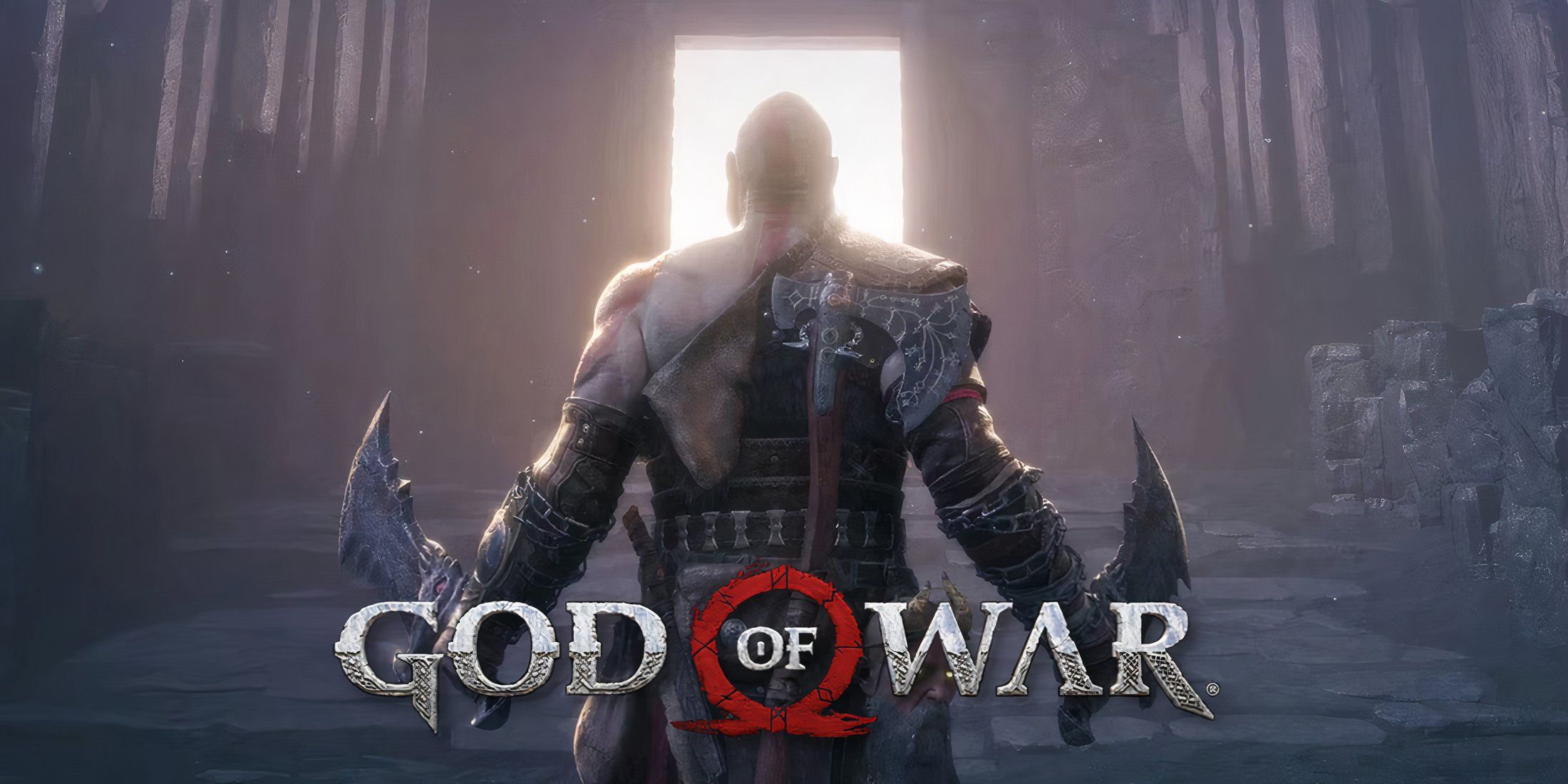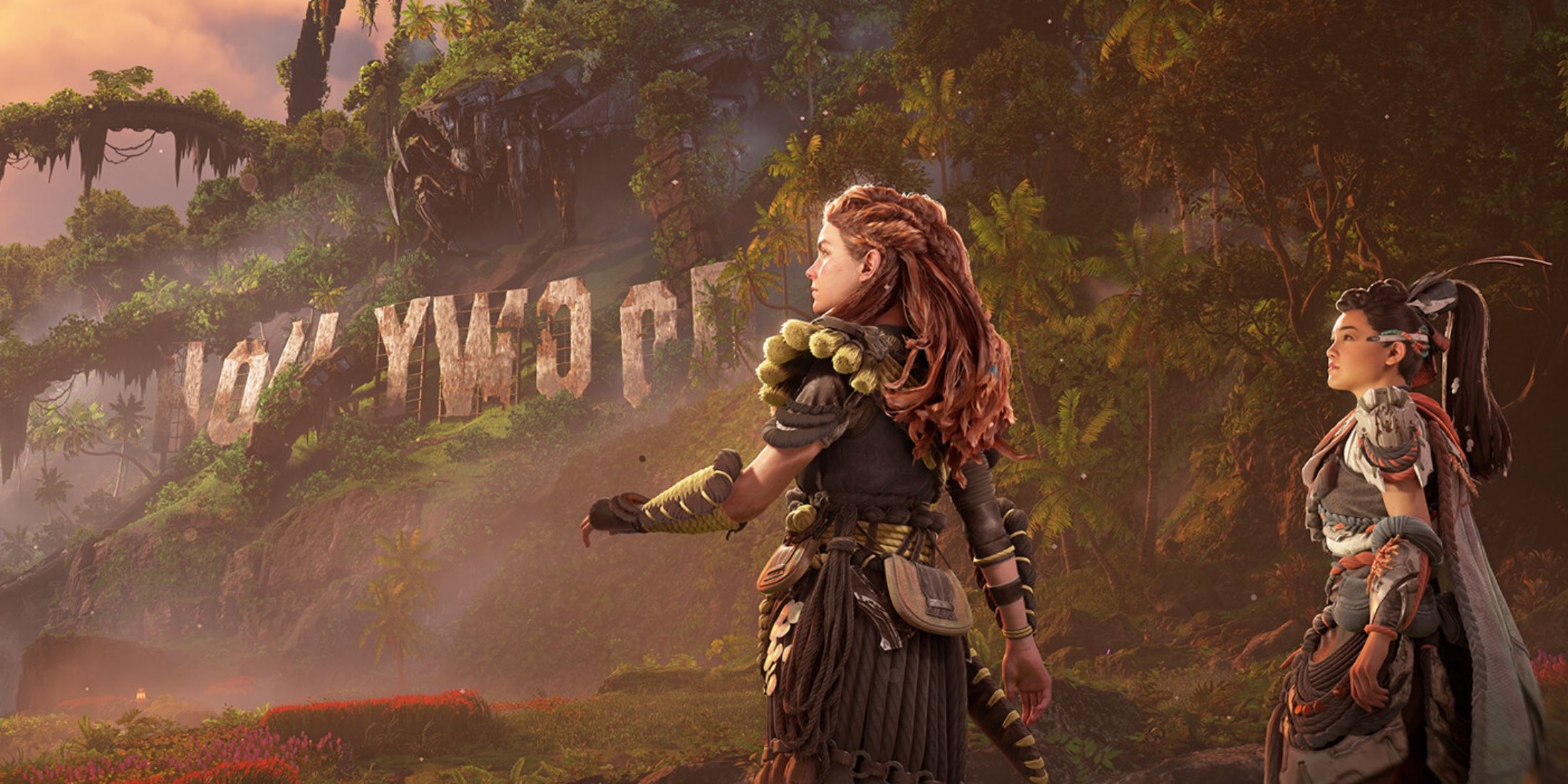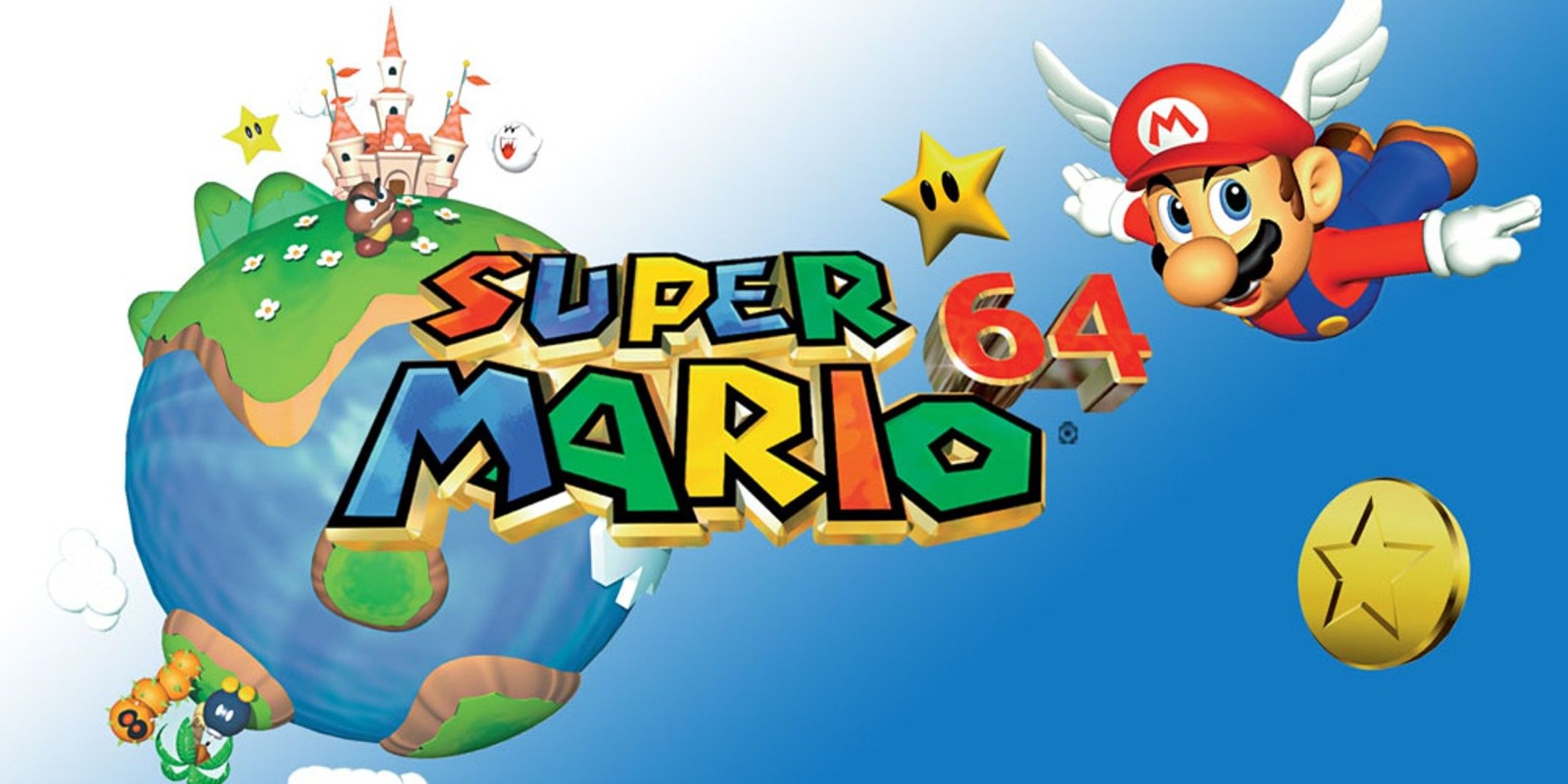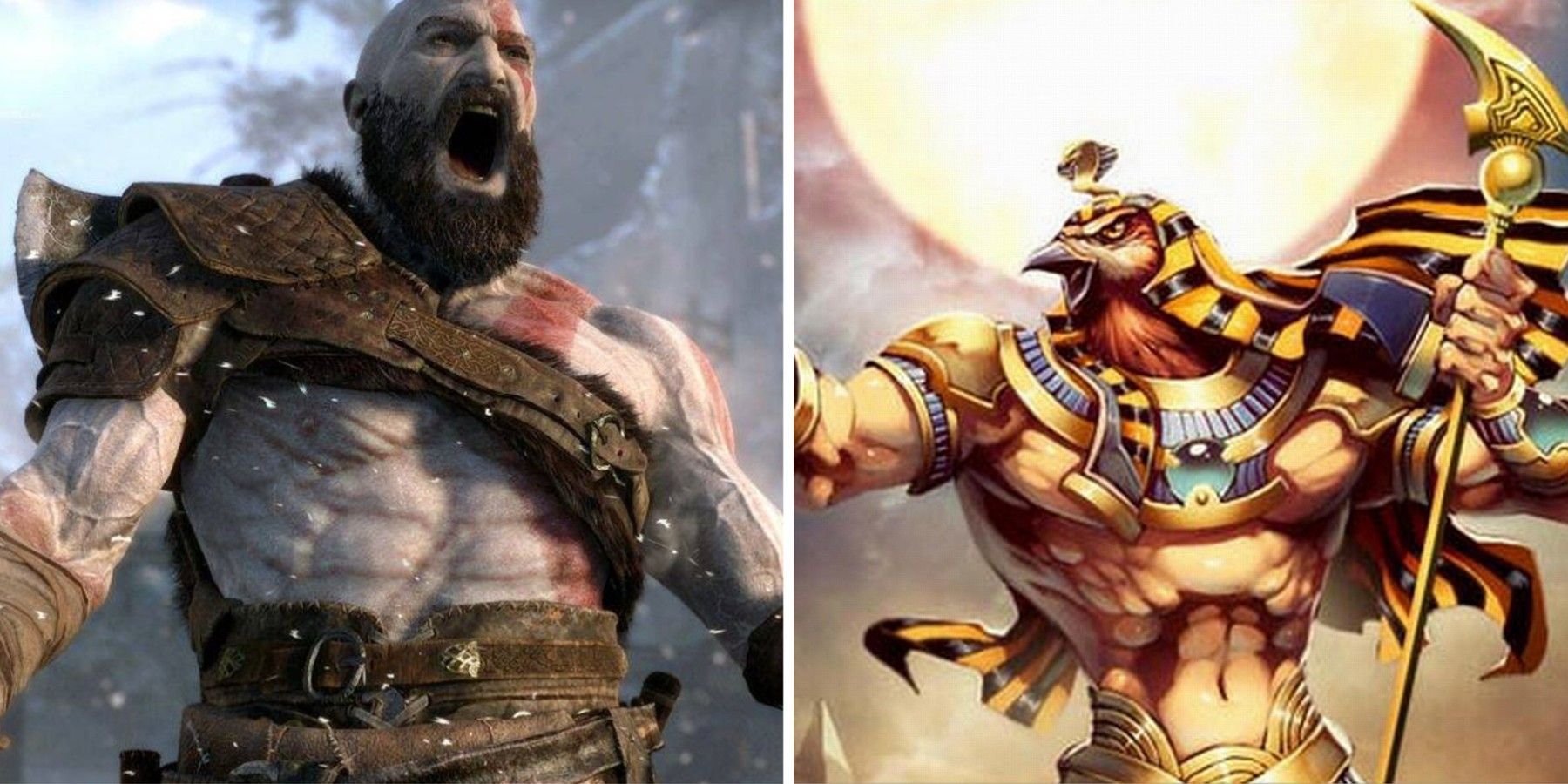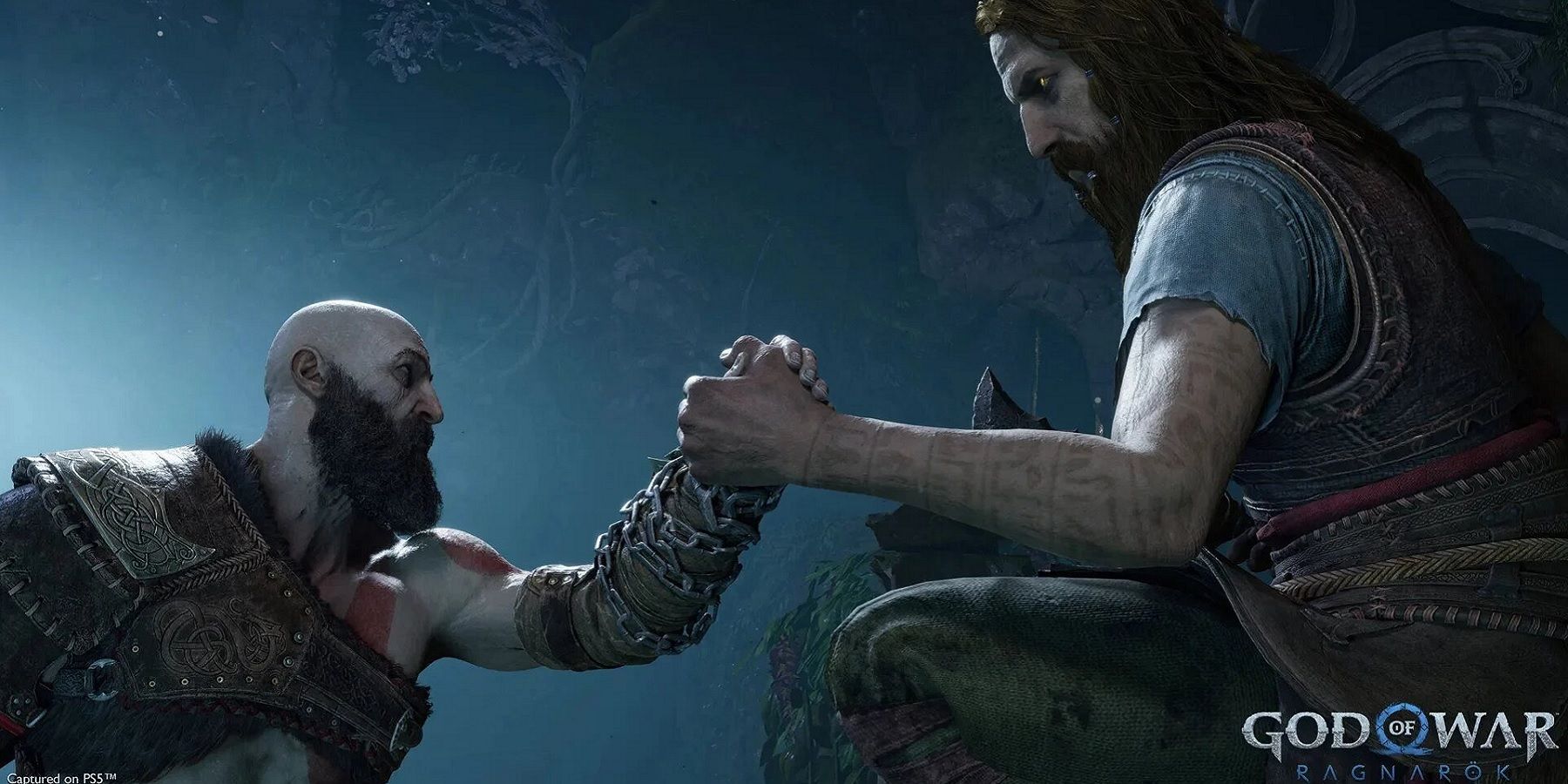Over the last few thousand years, humanity has taken on a number of religions, each with its own different set of gods, often referred to as a pantheon. These pantheons can range from just one or two omnipotent figures to over 100, with each one representing a different element or aspect of humanity and the Earth it lives on. The God of War franchise has already tapped into two of those pantheons, and its leading character Kratos has become synonymous with the title of God of War, but he isn't the only one out there.
Beginning life as a hardened Spartan warrior, Kratos served as a war general in the Spartan army. Being one of the many, many sons of Zeus, Kratos was technically a demigod, though his inherent strength didn't stop him from being tricked into killing his family by Ares, the Greek god of war. Fueled by uncontrollable rage, Kratos eventually murdered Ares, and took on the mantle of God of War. But while Kratos may still be capable of some jaw-dropping feats, his powers could be rivaled by some of the other pantheons' gods of war.
Comparing Kratos to Other Mythologies' Gods of War
In the recently released God of War Ragnarok, Kratos came face-to-face with the Norse god of war, Tyr. Leading an army of Jotunn giants against Odin, Tyr was defeated and imprisoned by the All-Father, where he remains until Kratos sets him free. Despite being branded as the Norse god of war, Tyr was a peaceful person at heart, and only took up arms when he saw no alternative to restore peace to his people. When compared to Kratos, Tyr seems like much more of a kind, gentle god, though one who can seemingly be just as ruthless as Kratos when he needs to be.
With the face of a falcon, Montu is the Ancient Egyptian god of war, and the representation of the everlasting vitality of a Pharaoh. In ancient mythology, Montu is believed to have spawned from Ra's scorching of the Earth, often relating Montu to destruction and war. Despite having a falcon's head in ancient drawings, Montu was said to be able to transform himself into a bull, again referring to this god of war's great strength. By its very nature, the Ancient Egyptian gods all vary quite a bit in terms of personality and capabilities, with their portrayals often changing based on each dynasty's particular need and vision. Still, Montu seems fairly similar to Kratos, being capable of extreme levels of destruction and aggression.
In Ancient Mayan mythology, Bulac Chabtan takes on the role of god of war, and is one of the most feared beings in the Mayan pantheon. On top of war, Bulac Chabtan is also the god of violence and sudden death. To avoid his wrath, the Mayan people would sacrifice their prisoners of war to him, decapitating them or removing their hearts to appease the brutal, unforgiving god. The Aztec god Huitzilopochtli is a very similar deity, also being feared by all his followers to the point where sacrifices were deemed necessary to keep his anger at bay. While Kratos' anger has often been the driving force of the narrative, that usually only extends to those that have wronged him, not whole civilizations.
The son of Pavarti and Shiva, Kartikeya is the Hindu god of war. Known as a philosopher-warrior, Kartikeya is often depicted as one of the calmer gods of war, representing the keeping of the peace and thought-out tactics as opposed to pure and blinding rage. Though there are many different interpretations, it seems fair to say that Kartikeya is a bit more level-headed than Kratos, at least during Kratos' journey through Greece.
God of War Ragnarok is available now on PS4 and PS5.

